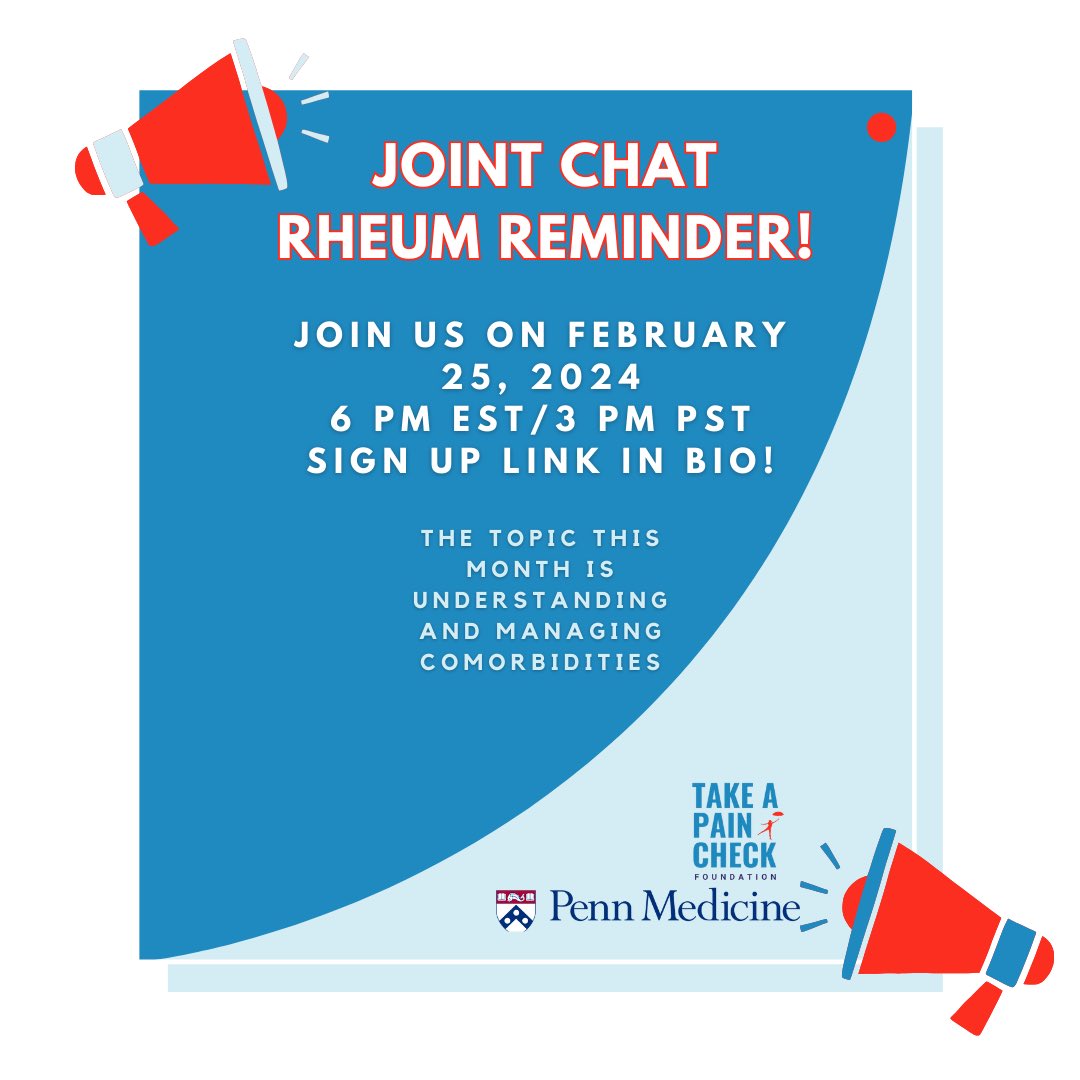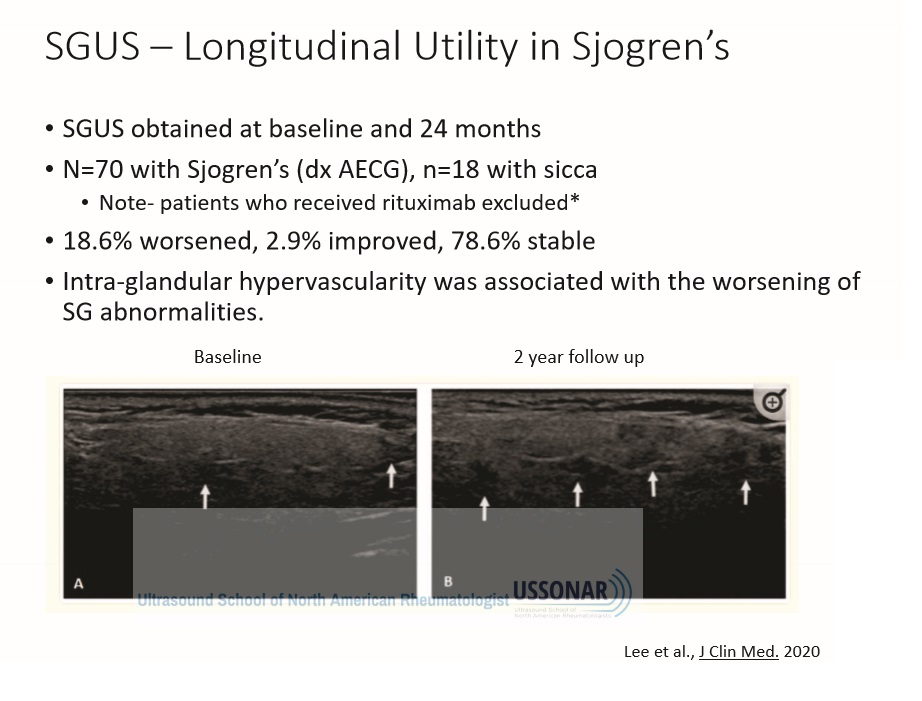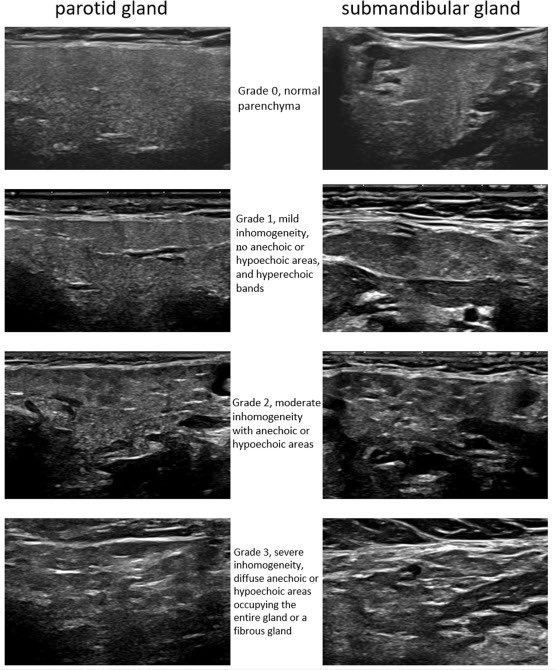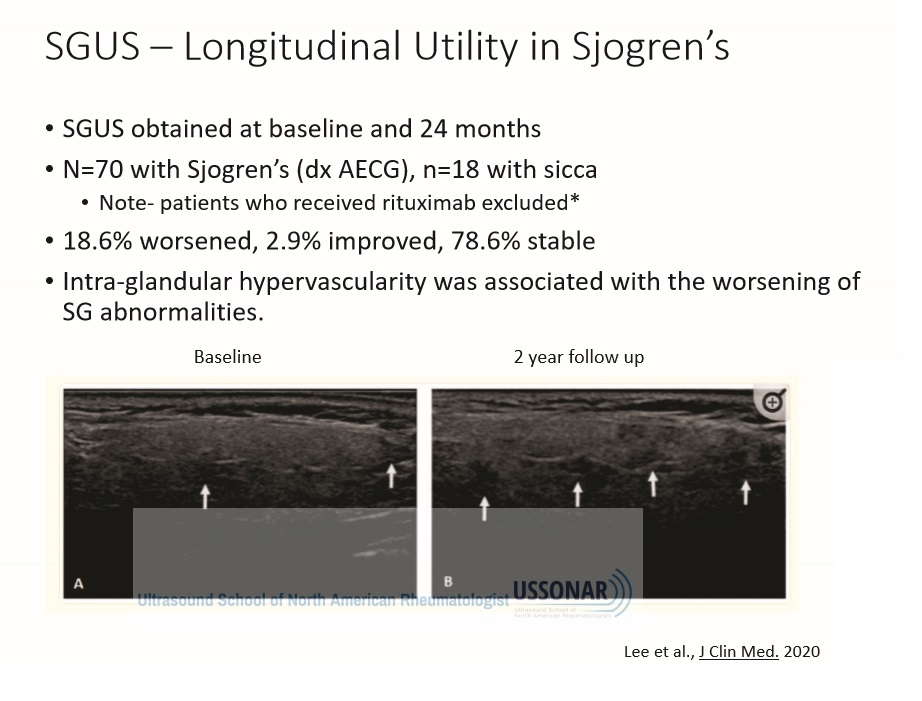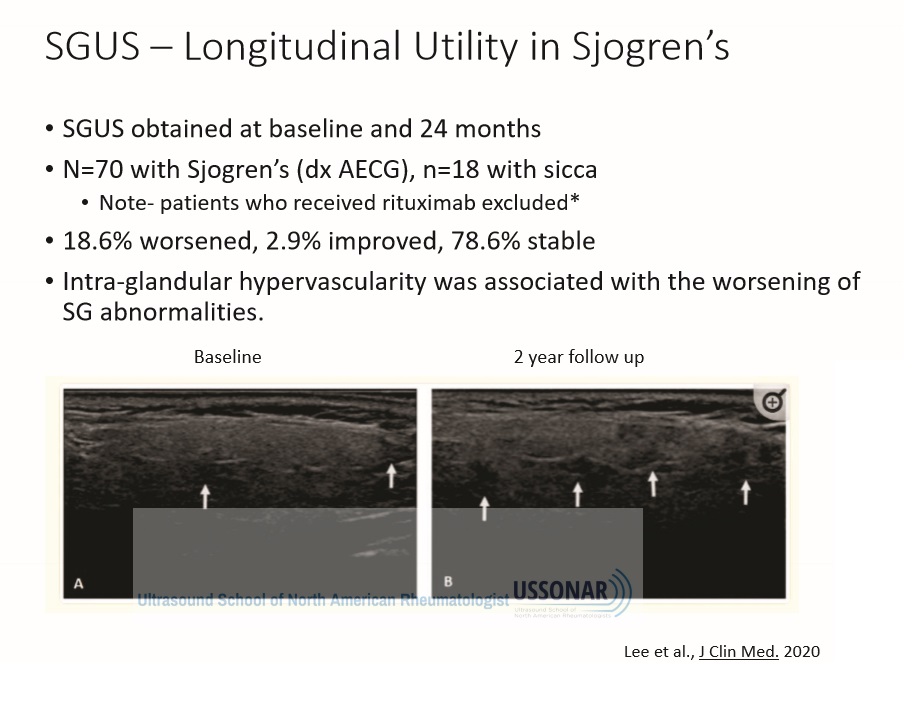
PennRheum
@pennrheum
Penn Medicine's Division of Rheumatology
National leader in diagnosis, treatment, and research in autoimmune diseases @PennMDForum
ID: 1316847264120348672
https://www.pennmedicine.org/departments-and-centers/department-of-medicine/divisions/rheumatology 15-10-2020 21:04:14
237 Tweet
757 Followers
89 Following

☝🏼Happy to have collaborated in the GLOBAL-PAN study led by Omer Karadag. The low prevalence of #PAN necessitates a global effort to clarify its characteristics and outcome 🇹🇷🇨🇦🇺🇸🇲🇽🇯🇵🇬🇧🇸🇮🇸🇪🇮🇹 ACR_Journals Ertugrul Cagri Bolek, MD MSc Peter Merkel Peter Grayson KenWarringtonMD Philip Seo


Upa looked good in trials - what about real world? Josh Baker and colleagues using CorEvitas, LLC: 46% MCID improvement in CDAI and 40% CDAI LDA, regardless of prior TNF exposure, line of tx, or use of csDMARDs. pubmed.ncbi.nlm.nih.gov/38345715/
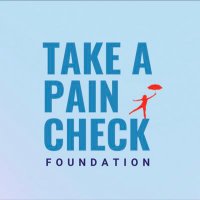


Benralizumab noninferior to mepolizumab for induction in patients with relapsing/refractory eGPA. Great to have a new med in the arsenal for this tough disease. From Peter Merkel and MANDARA study group Penn Medicine Penn Vasculitis Foundation www-nejm-org.proxy.library.upenn.edu/doi/10.1056/NE…


Case series of 8 pts with SSc receiving ICI for cancer dx - iRAE common, but in this series ICI well tolerated. Johns Hopkins Rheumatology and Penn Rheum collab! Seminars in Arthritis and Rheumatism Dana DiRenzo Jonathan Kotzin @cappelliMD pubmed.ncbi.nlm.nih.gov/38733668/






Stress and trauma are associated with worse PRO's in SLE, and perceived stress with greater SLE activity. Attn to improving positive and reducing negative psychosocial factors may be beneficial for stress in these pts. Dr. Kim Dequattro Penn Medicine pubmed.ncbi.nlm.nih.gov/38754905/
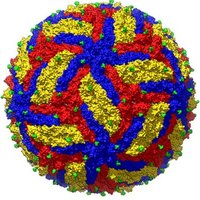
Our latest findings: Mislocalized TREX1 causes DNA damage in flies, mice, & humans with RVCL, a mimic of lupus and radiation injury—plus high odds of breast cancer PennRheum Brain Research Institute, Niigata Univ Penn Medicine Nature Communications nature.com/articles/s4146…

And now—with the help of amazing collaborators Penn Medicine —we can convert the toxic TREX1 protein (dominant, truncated TREX1 mutant) into the full-length TREX1 using a modified CRISPR approach. The next challenge is optimizing delivery to the blood vessel wall, but we believe
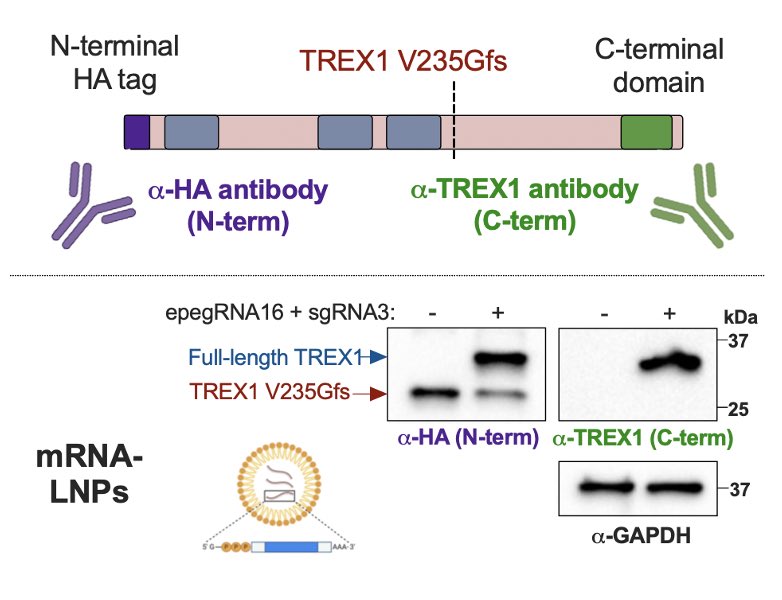

Vessel wall imaging in GCA is a promising modality for diagnosis. New pub from Dr. Rhee from Penn Medicine along with VCRC collabs outlines standardized protocol and scoring for these images. pubmed.ncbi.nlm.nih.gov/39331619/
